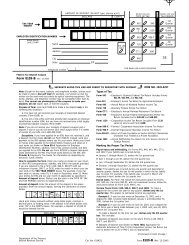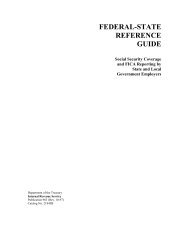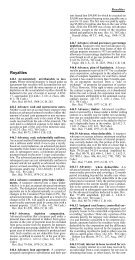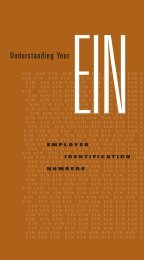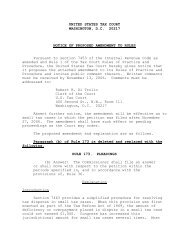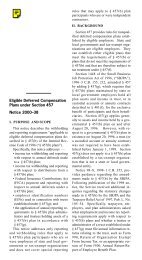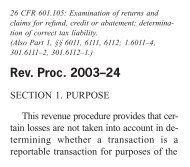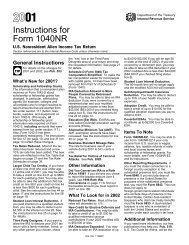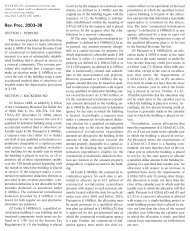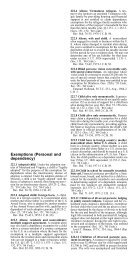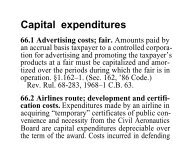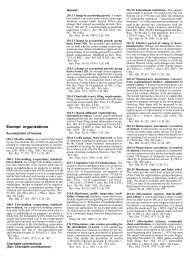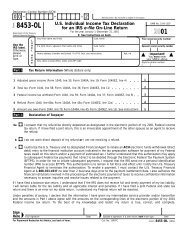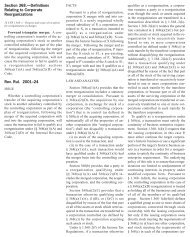Auto Dealerships - Audit Technique Guide - Uncle Fed's Tax*Board
Auto Dealerships - Audit Technique Guide - Uncle Fed's Tax*Board
Auto Dealerships - Audit Technique Guide - Uncle Fed's Tax*Board
You also want an ePaper? Increase the reach of your titles
YUMPU automatically turns print PDFs into web optimized ePapers that Google loves.
Chapter 16<br />
Related Finance Companies<br />
What is it?<br />
Issues concerning Related Finance Companies refer to the self-financing arrangement pursued by<br />
some dealerships, new and used, where individuals for whom financing cannot be obtained<br />
through normal channels. The customer is required to make payments usually at the dealership’s<br />
location.<br />
How does it work?<br />
<strong>Dealerships</strong> involved in this practice establish a financing entity, typically an S-Corporation, which<br />
acts as the financial institution in the dealership’s selling arrangement. Determining dealership<br />
involvement is done by looking at the:<br />
1. Amount of advertising expense (high)<br />
2. Form of advertisements ("Guaranteed credit")<br />
3. Production and sale of notes by multiple financial institutions/entities<br />
4. Market value of trade-ins (low).<br />
When the vehicle is sold, and it is determined that the customer needs special credit assistance, the<br />
dealership writes the note at term (high interest rate) with recourse as the lender. Then the note is<br />
sold at significant discount to the controlled (IRC section 267(b)(3)) entity substantiating the<br />
discount by citing high risk. The dealership books a current and deducted loss for the difference<br />
between the full contract and the discounted contract and the finance entity accrues income as it<br />
becomes earned, of course subject to IRC section 162 deductions.<br />
If the dealership is an S-Corporation qualifying as a member of a controlled group under IRC<br />
section 267(b)(3), it will be entitled to loss deferral under IRC section 267(f). If, however, an<br />
S-Corporation is treated as related to another S-Corporation only under IRC section 267(b)(11)<br />
or as related to a C-Corporation only under IRC section 267(b)(12), the S-Corporation does not<br />
qualify for loss deferral under IRC section 267(f). Instead, such losses would be disallowed under<br />
IRC section 267(a)(1).<br />
Adjustment<br />
Not all Related Finance Company arrangements require an audit adjustment. Only those that lack<br />
economic substance warrant such an adjustment. Where an arrangement lacking such economic<br />
substance is found the taxpayer will:<br />
16-1



